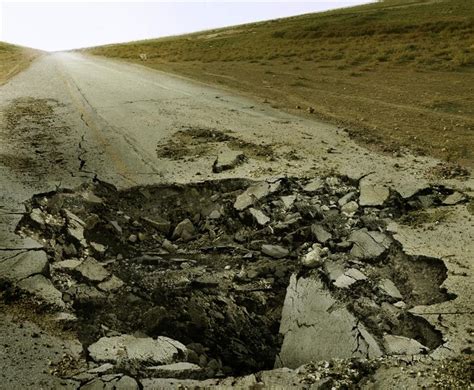A Quote by Pope Benedict XVI
Perhaps reluctantly we come to acknowledge that there are also scars which mark the surface of our earth: erosion, deforestation, the squandering of the world’s mineral and ocean resources in order to fuel an insatiable consumption.
Related Quotes
The main mineral in your cellphone, coltan [a black metallic ore], comes from the Eastern Congo. Multinational corporations are there exploiting the very rich mineral resources of the region. A lot of them are backing militias which are fighting one other to gain control of the resources or a piece of the resources.
The illusion that consumption - and its correlative, income - is desirable probably stems from too great preoccupation with what Knight calls "one-use goods," such as food and fuel, where the utilization and consumption of the good are tightly bound together in a single act or event. ... any economy in the consumption of fuel that enables us to maintain warmth or to generate power with lessened consumption again leaves us better off. ... there is no great value in consumption itself.
It seems to me absolutely true, that our world, which appears to us the surface of all things, is really the bottom of a deep ocean: all our trees are submarine growths, and we are weird, scaly-clad submarine fauna, feeding ourselves on offal like shrimps. Only occasionally the soul rises gasping through the fathomless fathoms under which we live, far up to the surface of the ether, where there is true air.





































